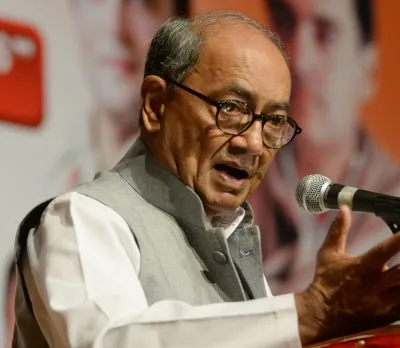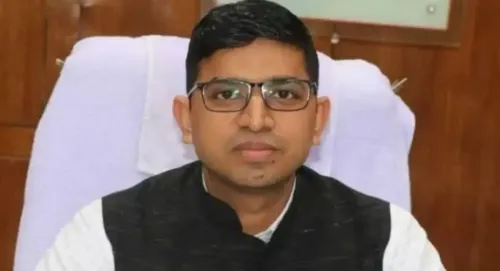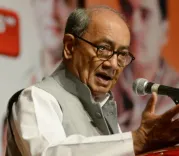Is Pakistan Truly the Epicenter of Global Terrorism?

Synopsis
Key Takeaways
- Pakistan's nuclear status is no longer a deterrent against accountability.
- Global perception recognizes Pakistan as a terrorism hub.
- India's air defense capabilities are robust and effective.
- Complete eradication of terrorism is unrealistic but must be controlled.
- Cost of supporting terrorism for Pakistan must increase.
New Delhi, May 10 (NationPress) Retired Lieutenant General Satish Dua stated on Saturday that Pakistan can no longer shield itself with its nuclear status to avoid accountability, emphasizing that the global community identifies it as the epicenter of terrorism worldwide.
In a candid interview with IANS, when asked if 'Operation Sindoor' has impacted Pakistan’s standing as a nuclear power, he remarked, “That’s a challenging question. It hasn’t diminished the view of them as a nuclear power base. Their nuclear capability remains intact, similar to India’s. The crucial issue is the potential use of nuclear arms.”
He elaborated that Pakistan must be cautious with its nuclear threats. “The world sees Pakistan as the hub of global terrorism. In my opinion, Pakistan cannot easily wield the nuclear threat. There isn’t an existential crisis facing Pakistan. They are the aggressors, while we are merely defending ourselves and responding appropriately. Thus far, we are not provoking them to the extent that would require them to deploy their nuclear arsenal.”
Regarding India’s air defense capabilities, Lt Gen Dua asserted, “The evidence is there for all to see. Not a single drone or missile has successfully hit us. Drones primarily have shown no damage. However, they might be testing our air defense system to identify vulnerabilities. I’m confident they’ve recognized that our air defense grid is robust and well-integrated.”
Reflecting on 'Operation Sindoor' and its implications for terrorism in the Kashmir Valley, he noted, “I won’t claim terrorism will cease immediately; it won’t. However, we must elevate the cost for Pakistan so they cease their support of terrorism,” he emphasized.
Lt Gen Dua pointed out that complete eradication of terrorism is unrealistic overnight. “Terrorism isn’t a switch that can be turned off entirely. However, we must manage it below a certain threshold. Some radicalized elements and support from Pakistan will persist, and I don’t foresee that changing soon. But we must ensure it’s controlled.”
He also highlighted the significance of messaging when targeting terror hubs. “For instance, if we strike at terrorist centers, many are located in densely populated areas. This sends a message to the people of Pakistan: they should not tolerate terrorist headquarters near their communities. We must impose significant costs on Pakistan,” Duan concluded.










